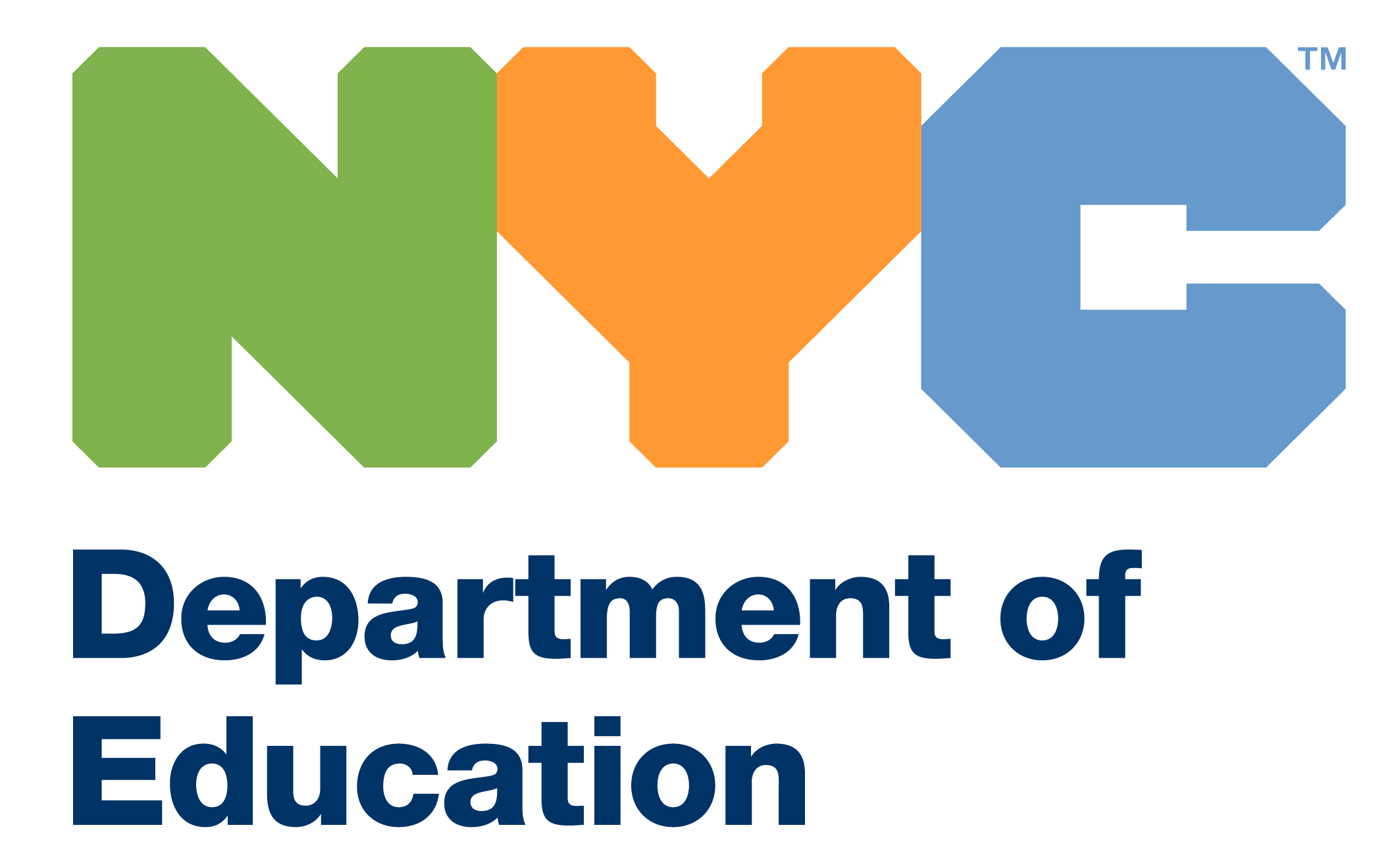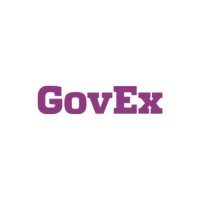training
Do your people have the data skills they need to apply their talents and deliver meaningful results?
We provide engaging, relevant, and impactful learning experiences using practical learning frameworks with real-world applications to build proficiency in the key skills your people need to develop actionable insights from your data.
What we do
We teach the functional skills necessary to make data a strategic asset for organizations.
We provide training in the functional skills necessary to perform reliable, repeatable, and actionable data analysis with tools such as Excel, PowerBI, Tableau, QGIS, RStudio, and Python, building proficiency and mastery of key skills, including collecting, storing, formatting, cleaning, summarizing, aggregating, and communicating data.
We teach methods of descriptive analysis, statistical analysis, predictive modeling, data visualization, machine learning, mapping, and spatial analysis using real-world data and case studies to provide realistic and relevant learning experiences in each of our classes.
HOW WE DO IT
We deliver classes in-person, online, and in hybrid learning environments.
Our live sessions, whether in person or online, are dynamic experiences where students interact with the instructor and each other to share knowledge and experience. Our classes minimize lectures to maximize time spent on learning exercises with real government data. Learning comes from solving realistic problems in a supportive environment. This supports the development of skills that can be directly applied to the learner’s day-to-day work.
In-Person
Training
eLearning
Modules
Online Courses & Webinars
Data Analysis
Introducing key concepts and essential functional skills in data analysis, including collecting, organizing, summarizing, and communicating insights for impact.
Data Visualization
Introducing key concepts and essential functional skills for visualizing data for insight, impact, and action, whether in spreadsheets for reports or interactive dashboards.
Spatial Analysis & Digital Mapmaking
Introducing key concepts and essential functional skills for collecting, analyzing, and visualizing spatial data to drive critical decision making.
Data Leadership & Management
Introducing participants to the critical issues and important opportunities that come with being a more data-driven organization.
Contact us to learn about options for customizing the learning experience for your staff
Trusted Trainers For









